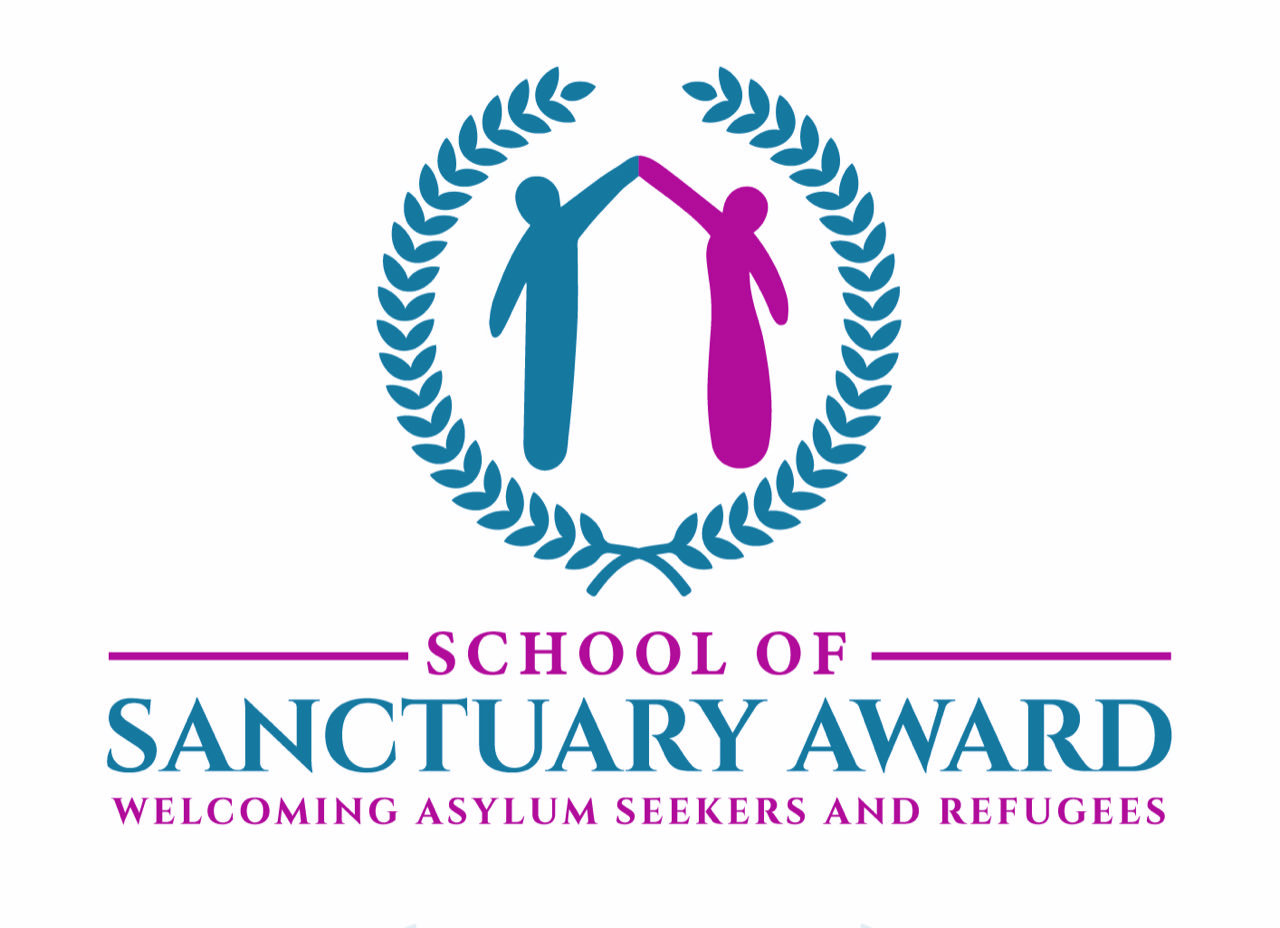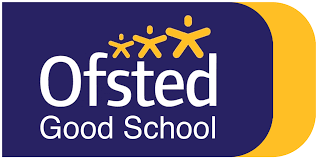Religious Education
To “live life to the full” by maximising on talents that God has given to us
in order to achieve academically and live out the Gospel values.”
The Religious Education department always aims to  educate the student holistically, religiously, academically and spiritually. Our mission is to create a living and inclusive Christian community which provides learning that is both exciting and purposeful, and enables all pupils to succeed in using to the full, their God-given talents and abilities. Our intent is to deepen awareness and sense of Gospel values, to further ‘powerful knowledge’ and understanding of the Roman Catholic faith, to be active in the worship and prayer life of the school and to encourage the highest standards of behaviour and achievement.
educate the student holistically, religiously, academically and spiritually. Our mission is to create a living and inclusive Christian community which provides learning that is both exciting and purposeful, and enables all pupils to succeed in using to the full, their God-given talents and abilities. Our intent is to deepen awareness and sense of Gospel values, to further ‘powerful knowledge’ and understanding of the Roman Catholic faith, to be active in the worship and prayer life of the school and to encourage the highest standards of behaviour and achievement.
Our curriculum aims to engage students on to a five-year continuation in their learning journeys of Catholicism, religion, culture and worldwide issues. We aim to ensure that our curriculum enables all students to build on prior knowledge and understanding of beliefs and practices in Christianity, other religions and secular beliefs. We aim to monitor student’s subject specific vocabulary and to embed literacy into every lesson. We aim to develop time into lessons for students to reflect on their learning. We aim to explore the ‘big questions’ that build on students’ current knowledge and understanding of world and national issues. This will feed into the student’s responsibility towards social justice, human dignity and the common good.
- We aim to promote Newman Values and to embed kindness and empathy.
- We aim for our curriculum to be rich in more than just knowledge.
- We aim for learning to take place through art and music.
- We aim for students to experience our curriculum.
- We aim that students will choose to put this into practice both in the community and in society.
Our Aim
- To deepen awareness and sense of Gospel values
- To further knowledge and understanding of the Roman Catholic faith To be active in the worship and prayer life of the school
- To encourage the highest standard of behaviour and achievement
Keystage 3 overview
‘I am the Way, the Truth, and the Life’
The Religious Education department always aims to educate the whole person religiously, academically and spiritually.
At Key Stage Three pupils follow a programme that enriches their understanding of Catholicism. The pupils use the Way series in Year 7, the Truth series in Year 8 and the Life series in Year 9. These books are used in conjunction with a variety of other teaching materials, such as power point presentations, visual and audio materials.
Pupils complete class work that develops a range of skills such as analysis, empathy, evaluation and application of different Christian teachings and viewpoints. Pupils also complete one level assessed task every half term, with a test at the end of every module. Pupils are expected to reach level 5 by the end of Year 9, although many surpass this target.
A target is also given to allow pupils to improve their written work. Pupils are also expected to complete homework on a weekly basis and this is marked by teachers. Pupils will be expected to read their teacher’s comments and respond.
Year 7
Topics studied
- Revelation and faith
- God’s Promises fulfilled The Saviour
- The Church
- The Sacraments Christianity and other faith
Year 8
Topics studied
- Creation
- The Covenant
- Mystery of the Eucharist
- The Paschal Mystery
- Mission of the Church
- The Church in Britain
Year 9
Topics studied
- Spiritual Quest
- The Gospels
- Life in the Spirit
- God’s Call
- Morality and Conscience Dialogue with other faiths
Key stage 4 overview
The Religious Education department currently teaches the Eduqas Route B Religious Studies Catholic Christianity course. This is a two year course which contains two linear exams which are to be taken at the end of year 11. Pupil progress will be tracked through regular assessment at the end of each module and mock exams every term.
Component 1 (Route B) Foundational Catholic Theology
Written examination: 1½ hours 37.5% of qualification 90 marks (plus 6 for spelling, punctuation and grammar)
For this component learners will study two themes:
Theme 1: Origins and Meaning
Theme 2: Good and Evil
Theme 1: Origins and Meaning
This theme requires learners to consider religious and non-religious beliefs about the origins and value of the universe and human life. Learners are expected to make relevant references to scripture, other sources of authority and contrasting scientific and/or nonreligious world-views such as those held by Atheists and Humanists. This theme must also be studied, where appropriate, from the perspective of the Jewish religious tradition
Theme 2: Good and Evil
This theme requires learners to consider philosophical questions concerning the origins and nature of good and evil and different religious answers to the problem of evil and suffering. Learners are expected to make relevant references to scripture and other sources of authority. This theme must also be studied, where appropriate, from the perspective of the Jewish religious tradition.
Component 2 (Route B) Applied Catholic Theology
Written examination: 1½ hours 37.5% of qualification 90 marks (plus 6 for spelling, punctuation and grammar)
For this component learners will study two themes:
Theme 3: Life and Death
Theme 4: Sin and Forgiveness
Theme 3: Life and Death
This theme requires learners to consider religious beliefs about the nature of life and death. Learners are expected to make relevant references to scripture and other sources of authority.
Theme 4: Sin and Forgiveness
This theme requires learners to consider philosophical questions concerning the nature of criminality and the rationale for punishment. Through a study of teachings and beliefs, questions relating to the justifiability of capital punishment will be explored. Learners are expected to make relevant references to scripture and other sources of authority.
Component 3 (Route B) Study of a World Faith: Judaism
Written examination: 1 hour 25% of qualification 60 marks
Learners should be aware that Judaism is one of a diverse range of religious and nonreligious traditions and beliefs in Great Britain today that includes Christianity; Buddhism; Hinduism; Islam; Sikhism; Humanism and Atheism, but that the main religious tradition in Great Britain is Christian. This knowledge may be applied throughout the assessment of the specified content Learners must know, understand and express common and divergent views and the basis for beliefs, teachings and practices. References to relevant sources of wisdom and authority are expected, including scripture and/or sacred texts.
Key Stage 5 overview
The Religious Education department always aims to educate the whole person religiously, academically and spiritually.
The General RE 6th Form Course follows the Westminster Educational Directory.















